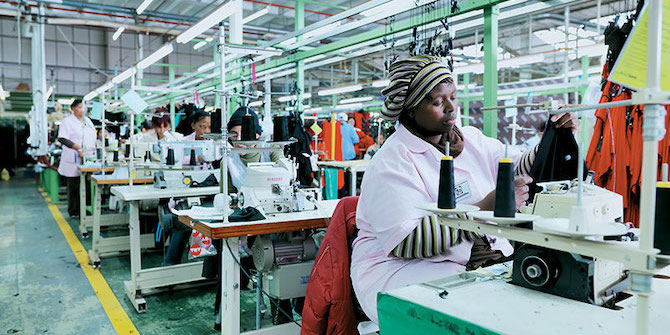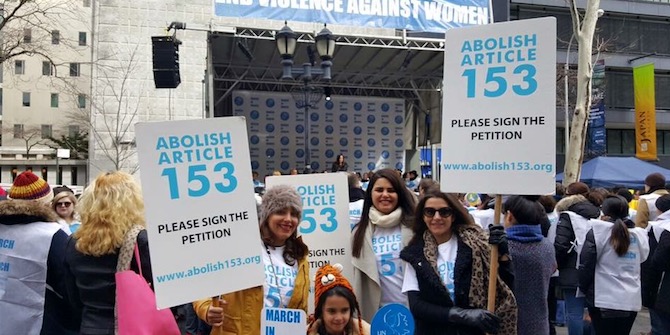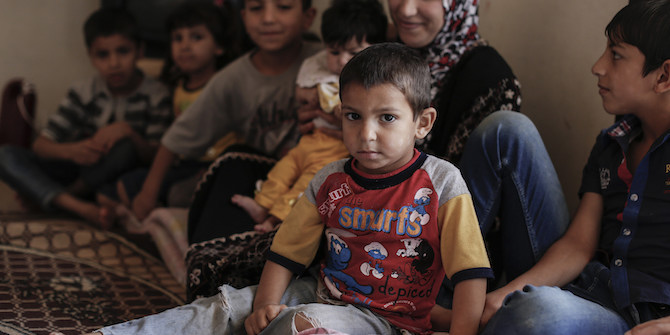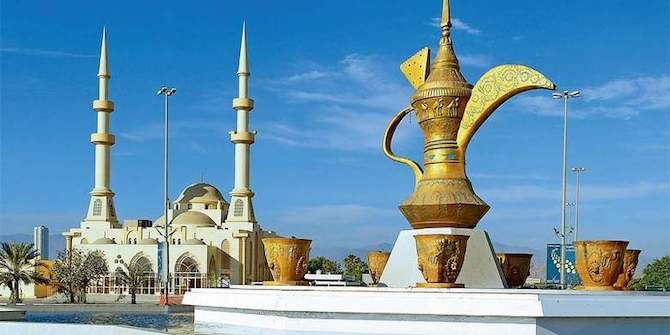by Courtney Freer
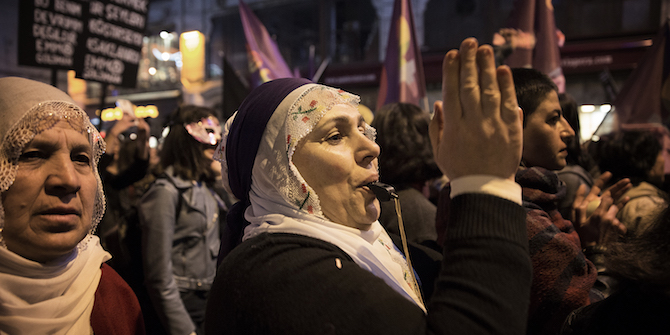
Considerable debate has emerged about the status of women in the Middle East and particularly the extent to which the region is exceptional in terms of gender equality (or lack thereof) before the law. At a one-day workshop held on 23 March 2017 at LSE’s Middle East Centre, a group of experts from throughout the Middle East and Europe came together to discuss instances of gender inequity perpetuated by existing legal systems in the Middle East and worldwide. This event was divided into three panels: one focused on the states of the Gulf Cooperation Council (GCC), often considered the most restrictive in terms of women’s legal rights; the broader Middle East, with a particular focus on states undergoing conflict; and Europe and beyond, highlighting the role of international human rights conventions in changing women’s legal scenarios.
The workshop provided a valuable opportunity for a variety of experts, both academics and practitioners, ranging from those focussed on the effect of political conflict on women to those concentrating on difficulties that women face in the economic sphere, to understand the primary roots of systemic gender inequality in the Middle East, with a view to finding new avenues for cross-regional research in these areas. Including experts from throughout the world allowed for cross-regional comparisons that can inform women’s rights agendas in individual states.
Over the course of the day-long workshop, recurring themes emerged about the study of legal inequities facing women not only in the Middle East, but worldwide. The first of these is the extent to which legal frameworks manage to influence daily life for women. In the Middle East, for instance, where most states have ratified CEDAW and where women have the right to vote in those states that hold elections, they still have not managed to reach the highest offices and face other limiting legislation, particularly concerning domestic violence and honour killings. Broader social acceptance of gender inequity and of women’s issues as fundamental human rights issues is required.
Another common theme is that conflict does not have one single or predictable effect on the legal frameworks and challenges faced by women and girls in daily life. Rather, economic, political and social factors, along with the role of the international community considerably affect the extent to which women and girls become targets of violence, as well as the degree to which they become involved as combatants.
International law and regional as well as cross-regional cooperation emerged as potential solutions to ensure that women’s rights are preserved across varying political and social contexts. Scepticism in the Middle East in particular about the ability of the international community and of regional bodies to improve their domestic scenarios, however, remains a setback to greater integration and cooperation in the region.
I thank all participants in the workshop and hope these collected papers grant insight into our discussion and avenues for future cross-regional and cross-disciplinary research into the field of legal inequities facing women.
In this series:
- A Survey of Knowledge of and Attitudes toward Article 153 among Kuwaiti Citizens by Justin Gengler
- Is Female Suffrage in the Gulf Important? by Hatoon Al-Fassi
- Saudi Women: Navigating War and Market by Madawi Al-Rasheed
- Disciplinary Violence in Kuwait by Alanoud Alsharekh
- The Influence of Islamist Rhetoric on Women’s Rights by Courtney Freer
- Gender equality in Iraq and Iraqi Kurdistan by Zeynep Kaya
- Sexual Violence against Women during Displacement by Zeina Awad
- Women’s Access to Justice for Gender-Based Violence in Universal and Regional Human Rights Law by Lisa Gormley
- Assessing the Role of Security Forces on Women in Conflict Zones: Perspectives from International Law by Antonia Mulvey



